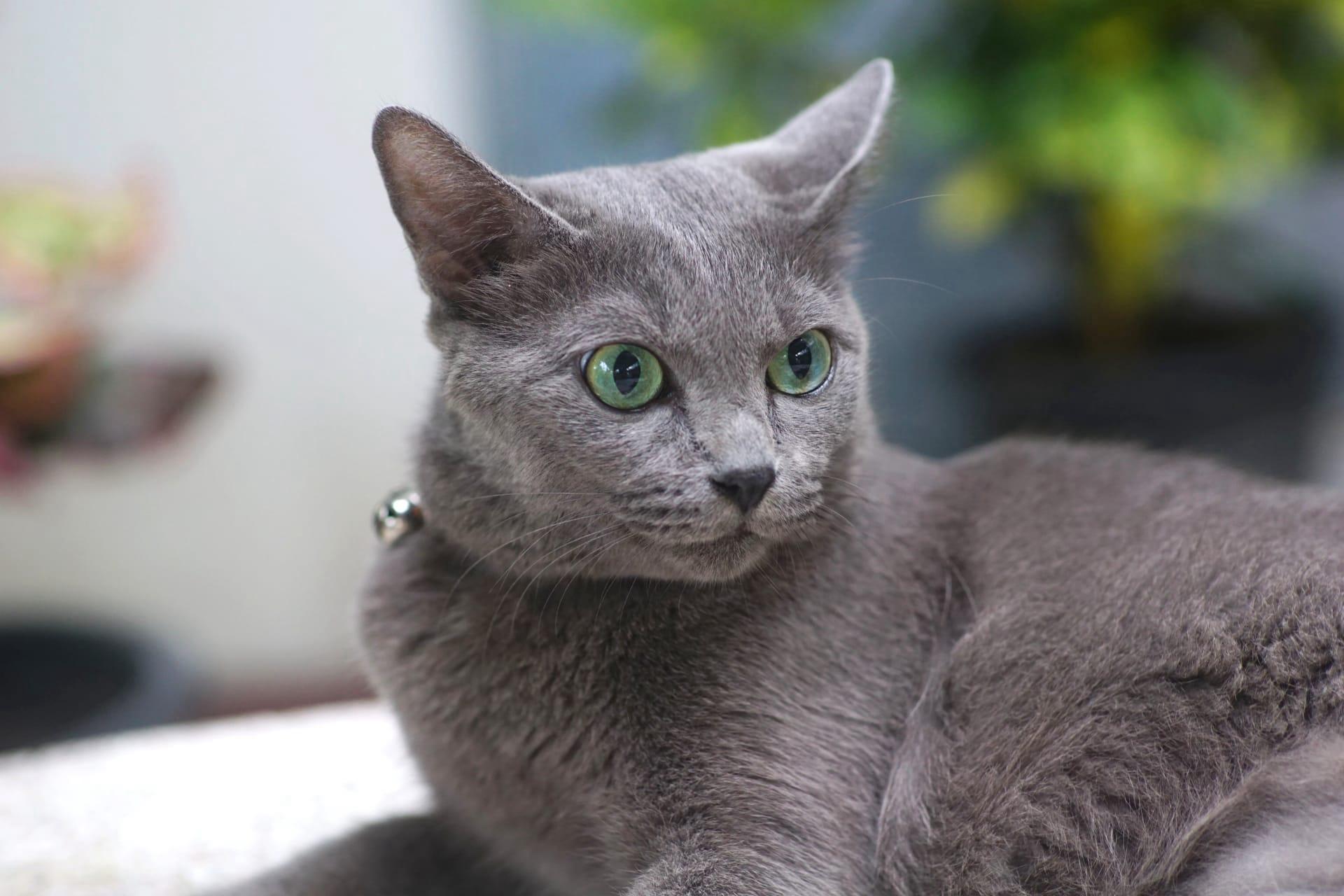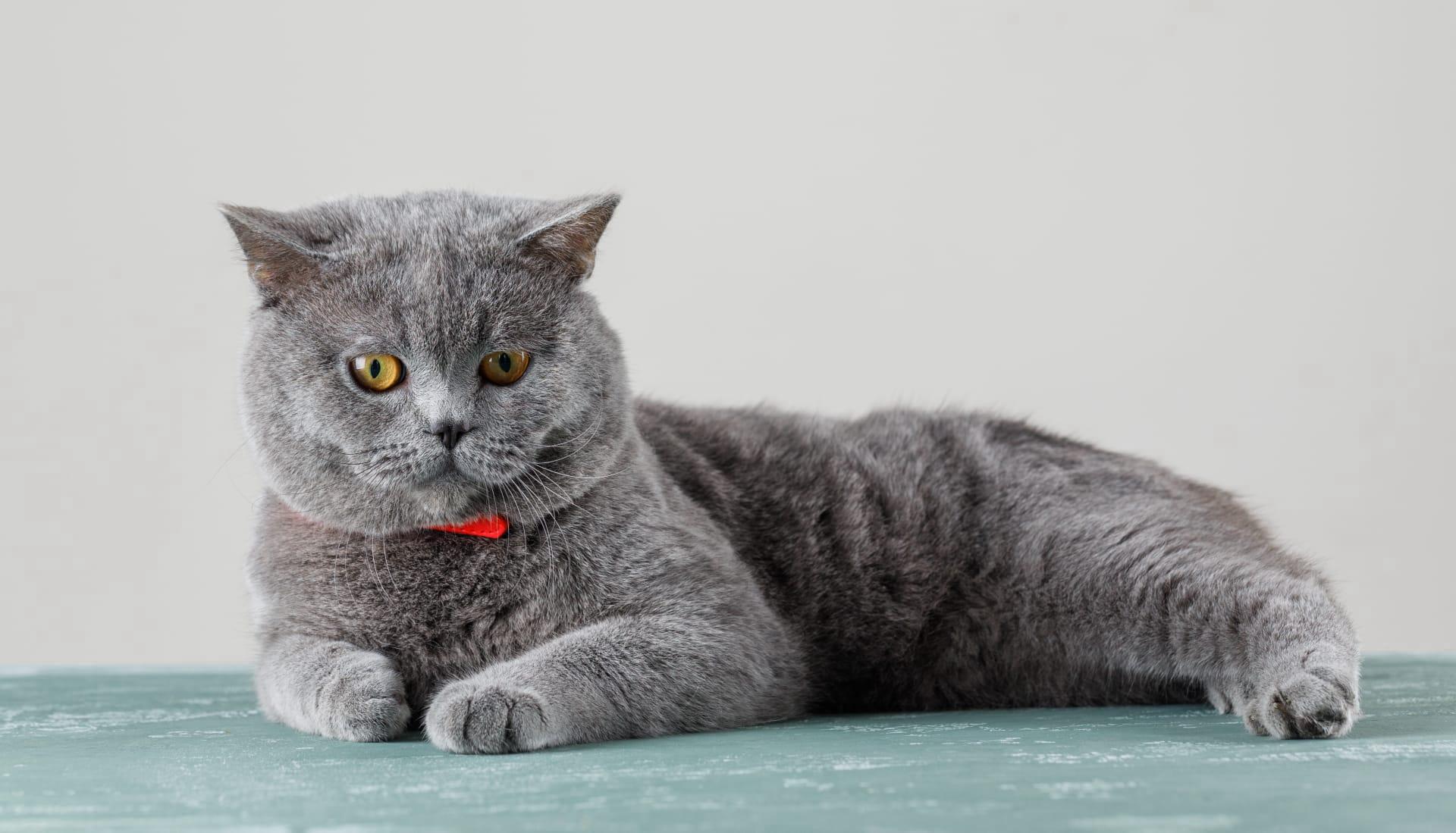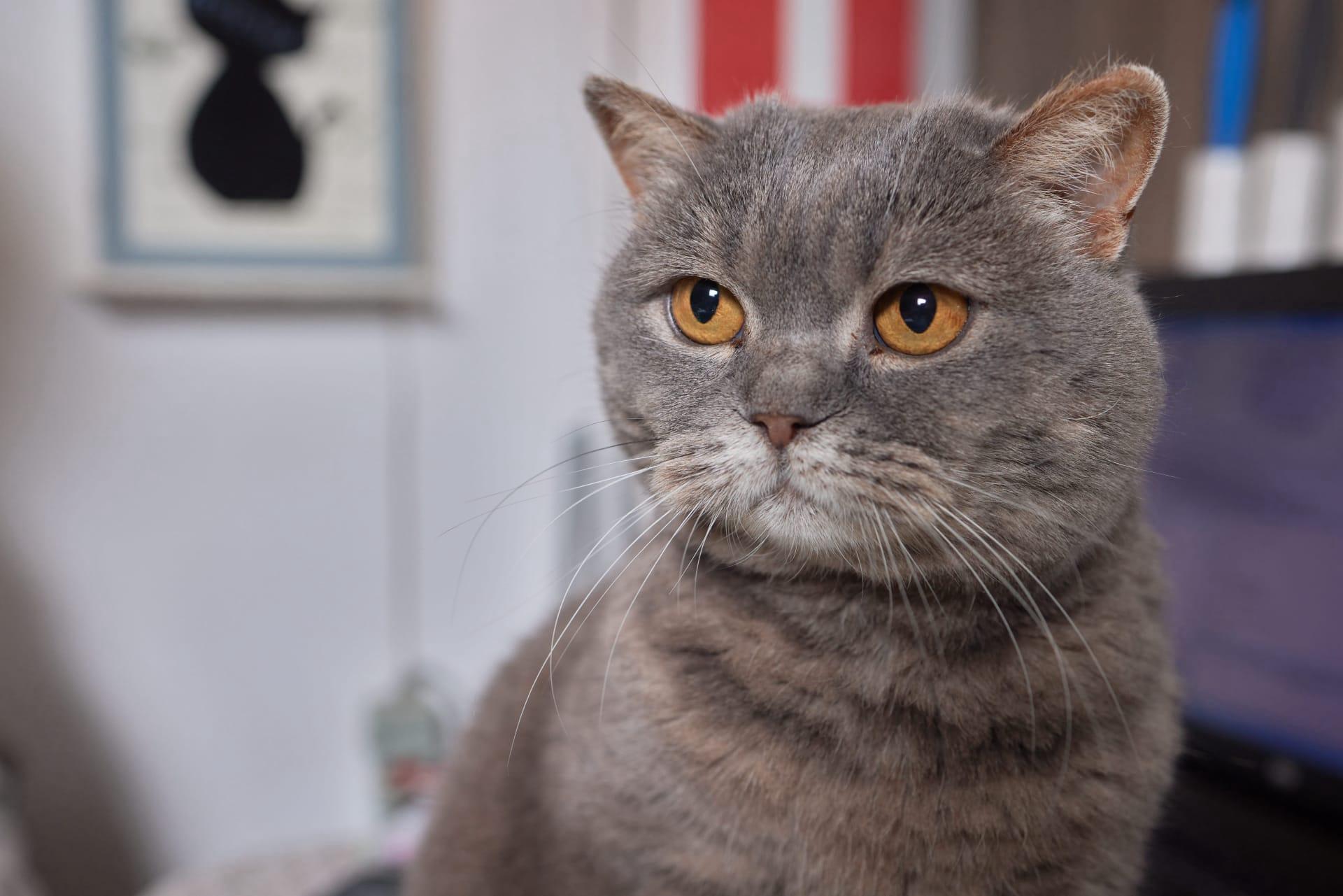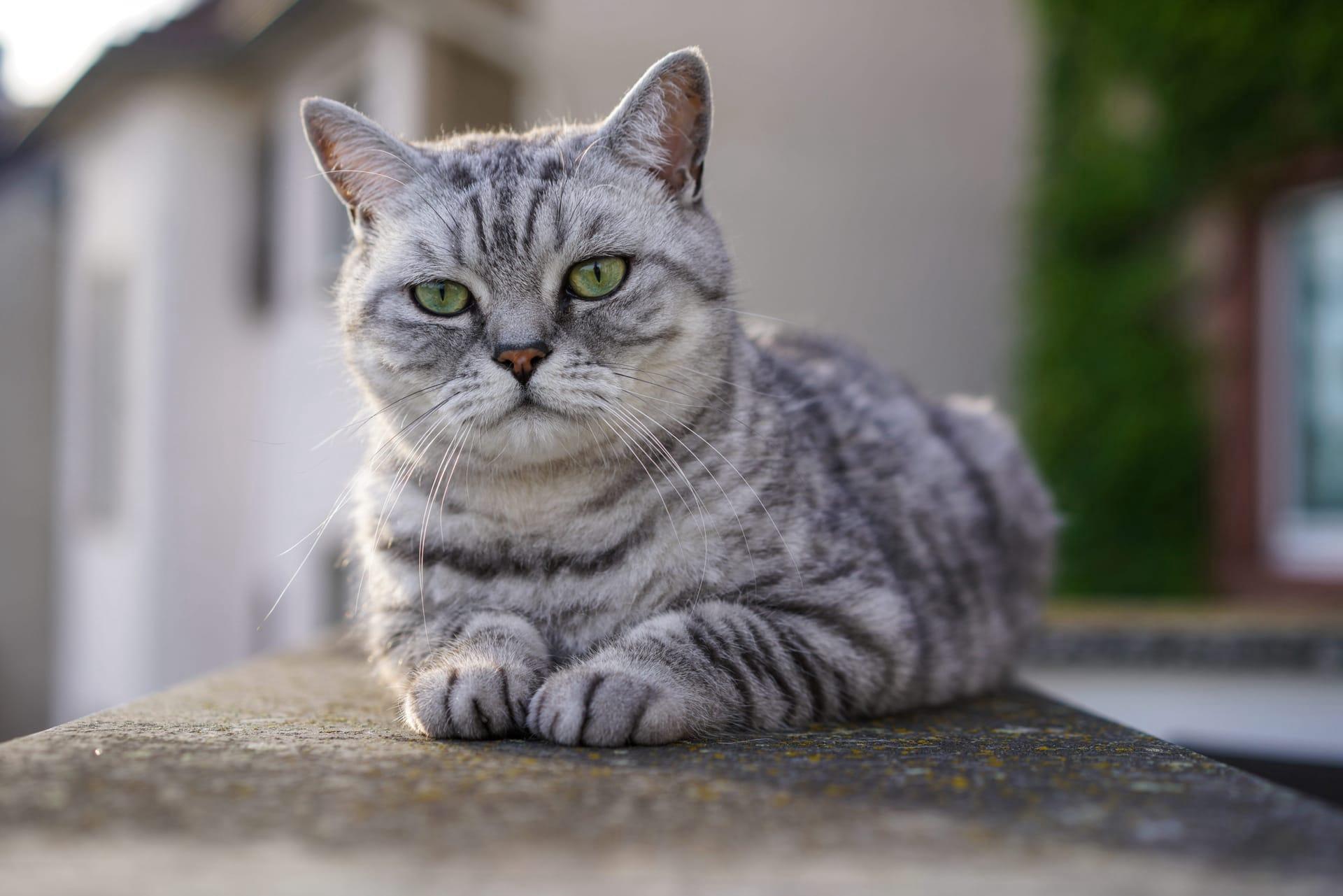British Shorthair Cat Trivia
- Home /
- Trivia Question /
- Animal /
- British Shorthair Cat Trivia
1
Question: How long can British Shorthair cats live, and what factors contribute to their lifespan?
Answer: British Shorthair cats are known for their robust health and can live for 12 to 20 years, with proper care. Factors that contribute to their longevity include genetics, a balanced diet, regular veterinary check-ups, and a stress-free environment. Maintaining a healthy weight is crucial, as obesity can lead to diabetes and heart disease, shortening their lifespan.
Question: What is the typical personality of a British Shorthair cat, and how do they interact with families and other pets?
Answer: British Shorthair cats are famed for their calm, relaxed demeanor, and affectionate nature. They are not overly demanding of attention but enjoy being in the presence of their human families. These cats are known to be patient and tolerant, making them excellent companions for children and other pets. Despite their easygoing nature, they can be playful and enjoy interactive toys that stimulate their hunting instincts.

2
Question: Is it true that British Shorthair cats are low-maintenance because of their short coats?
Answer: While British Shorthairs have short coats, they are not entirely low-maintenance. Their dense, plush fur requires regular grooming—about once a week—to remove loose hair and prevent mats. During their shedding season, more frequent grooming may be necessary to manage their thick undercoat.
Question: Do British Shorthair cats always have blue eyes?
Answer: No, the eye color of British Shorthair cats can vary widely depending on their coat color. While the British Blue, a common color variant of the breed, often has striking copper or gold eyes, other colors can have eyes that range from deep gold to green. The breed standard does not specify blue eyes for any coat color, making the variety of eye colors one of the breed's charming features.

3
Question: How much exercise do British Shorthair cats need?
Answer: British Shorthair cats require moderate exercise to maintain their health and prevent obesity. While they may not be as active as some other breeds, incorporating daily play sessions with toys that encourage chasing, jumping, and hunting behaviors can help keep them fit. Interactive play not only promotes physical well-being but also mental stimulation, which is vital for their overall health.
Question: Can British Shorthair cats adapt to living in an apartment?
Answer: Absolutely, British Shorthair cats are well-suited for apartment living due to their calm and adaptable nature. They generally do well in indoor environments and can thrive in smaller spaces as long as they have access to toys, scratching posts, and places to climb. Their laid-back disposition makes them ideal companions for those living in urban settings.

4
Question: What are the common health issues in British Shorthair cats?
Answer: British Shorthair cats are predisposed to certain health issues, including hypertrophic cardiomyopathy (HCM), a heart condition, and polycystic kidney disease (PKD). Regular veterinary check-ups are essential for early detection and management of these conditions. Additionally, maintaining a healthy diet and exercise regime can help minimize the risk of obesity-related health problems.
Question: How do British Shorthair cats communicate with their owners?
Answer: British Shorthair cats communicate with their owners through a combination of vocalizations, body language, and behavior. They may not be as vocal as some breeds, but they can express their needs and moods through soft meows, purrs, and chirps. Their expressive eyes and body posture, such as kneading with their paws or curling up next to their owners, also convey affection and contentment.

5
Question: Are British Shorthair cats good with children and other animals?
Answer: Yes, British Shorthair cats are known for their gentle and patient nature, making them excellent companions for families with children and other pets. They tend to be tolerant and can form strong bonds with all members of the household. Early socialization and positive interactions can further enhance their sociability and ensure harmonious relationships with other animals.
Question: What is the origin of the British Shorthair breed, and how has it evolved over time?
Answer: The British Shorthair breed traces its origins back to the domestic cats of Rome, which were brought to Britain by the Romans. These cats were valued for their hunting abilities and eventually bred with local European wildcats, leading to the robust and amiable breed we know today. Over centuries, selective breeding has refined their appearance and temperament, making the British Shorthair one of the most popular and recognizable cat breeds in the world.